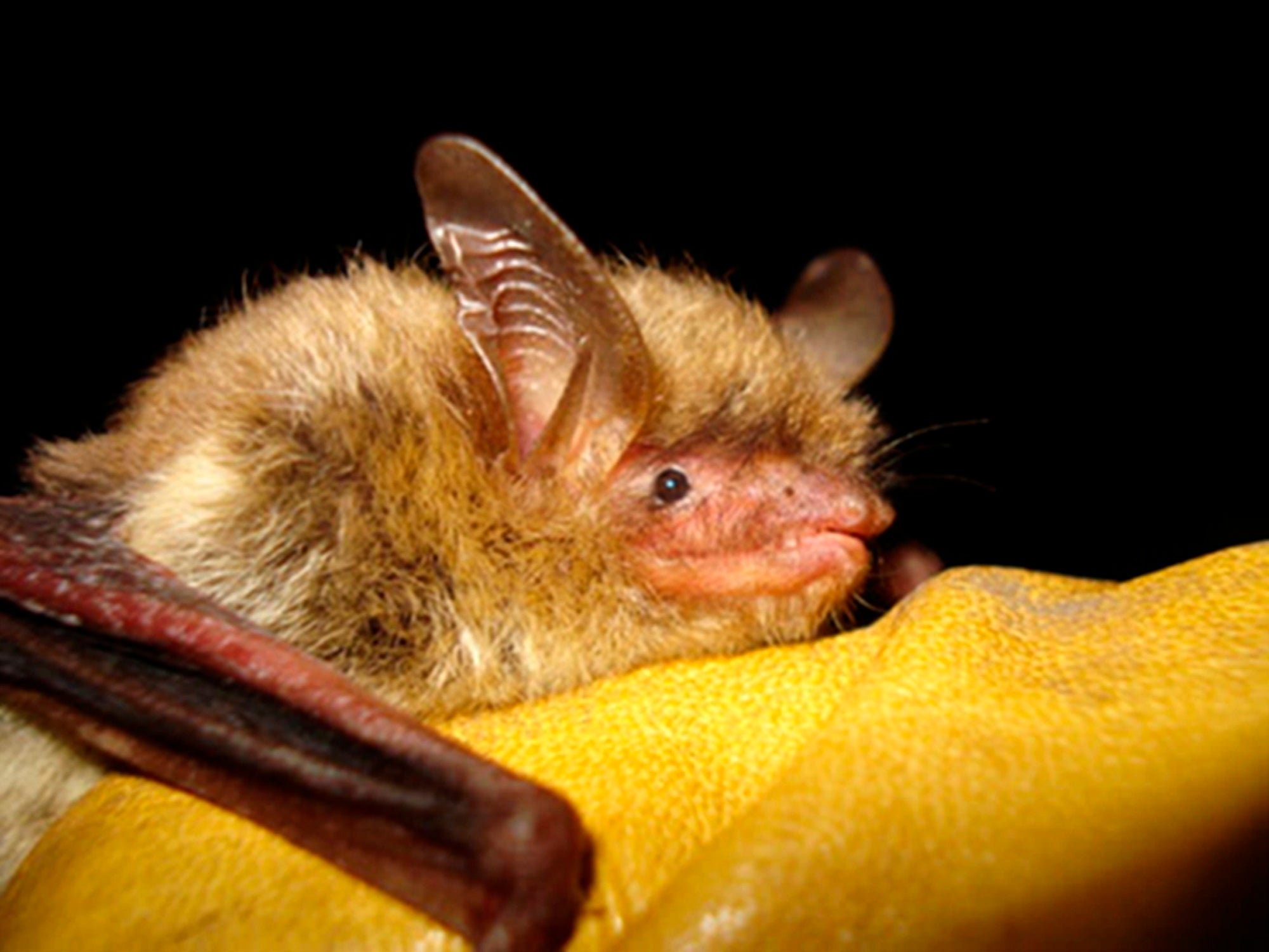Senate votes to limit critical habitat designation for imperiled species and drop bat's protections
The U.S. Senate has voted to overturn two Biden administration policies intended to protect endangered species

The U.S. Senate voted narrowly Thursday to overturn two Biden administration policies intended to protect endangered species.
Senators called for reinstating a rule adopted under former President Donald Trump but rescinded by the Biden administration that limited which lands and waters could be designated as places for imperiled animals and plants to receive federal protection.
They also proposed dropping a 2022 federal designation of the northern long-eared bat as endangered.
Earlier this month, the Senate voted to undo federal protections for the lesser prairie chicken, a rare grouse found in parts of the Midwest and Southwest.
The actions, backed mostly by Republicans, represent rare congressional involvement in matters usually left to the U.S. Fish and Wildlife Service and the National Marine Fisheries Service. The Endangered Species Act tasks those agencies with deciding which animals and plants to list as endangered or threatened and how to rebuild their populations.
President Joe Biden threatened to veto the resolutions, which await action in the House.
“We are in the midst of a global extinction crisis for which the chief driver is the destruction, degradation, and loss of habitat,” a White House statement said.
A 2019 United Nations report said about 1 million species are in danger of extinction, with losses accelerating up to hundreds of times faster than before.
The Biden administration last June withdrew a Trump definition of “habitat” that environmental advocates said was too narrow to provide essential protection. Supporters said it would give landowners incentives to help troubled species while securing property rights.
Restoring the Trump habitat definition, the White House said, would “severely limit” federal agencies’ ability to help troubled species survive and recover.
Senators backed a resolution to reinstate the definition, 51-49. Sen. Cynthia Lummis, a Wyoming Republican and its chief sponsor, argued that uncertainty about what qualifies as habitat lowers property values and hampers crucial infrastructure projects.
“Two-thirds of all endangered species are located on private lands,” Lummis said. “For these species to be recovered, private landowners must be part of the solution and not treated as the enemy.”
Joining Republicans in voting for reinstating the Trump definition of habitat were Democrat Joe Manchin of West Virginia and Independent Angus King of Maine, who often caucuses with Democrats.
The Trump rule was among several steps his administration took to scale back or alter endangered species policies, including lifting blanket protections for animals newly listed as threatened and setting cost estimates for saving species. Biden ordered a review of his predecessor’s environmental rulemaking shortly after taking office.
Under the 1973 law, federal agencies cannot fund, permit or take actions that would destroy or severely damage critical habitats. It doesn’t restrict activities on private land unless government approval or financial support is involved.
The Trump rule’s habitat definition was “unclear, confusing and inconsistent with the conservation purposes” of the law, the Fish and Wildlife Service and Marine Fisheries Service said previously.
It prevented agencies from selecting areas that don’t presently meet a species’ needs but might in the future as a result of restoration work or natural changes, they said. Global warming is expected to alter many landscapes and waters, attracting species that migrate from places no longer suitable for them.
The Fish and Wildlife Service declared the northern long-eared bat endangered last November, raising its status from threatened. It is among 12 bat types hammered by white-nose syndrome, a fungal disease that has reduced its numbers by 97% or more in some areas.
The bat is found in 37 eastern and north-central states, plus Washington, D.C., and much of Canada.
Sen. Tom Carper, a Delaware Democrat and chairman of the Committee on Environment and Public Works, said bats contribute $3 billion annually to the nation's agricultural economy through pest control and pollination.
Critics of the endangered listing contend it would hamper logging and other land uses that weren't responsible for the bat's sharp decline.
The vote on removing the listing was 51-49, with Manchin and Minnesota Democrat Amy Klobuchar voting with Republicans. Democratic Sen. Dianne Feinstein of California opposed both measures after returning to the Capitol following a long illness.
___
Follow John Flesher on Twitter: @johnflesher
Bookmark popover
Removed from bookmarks